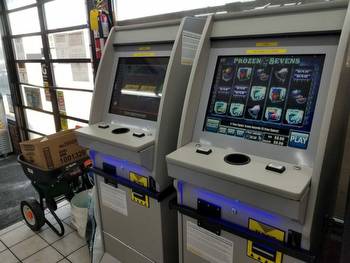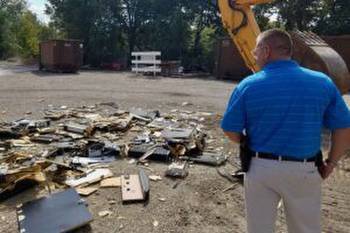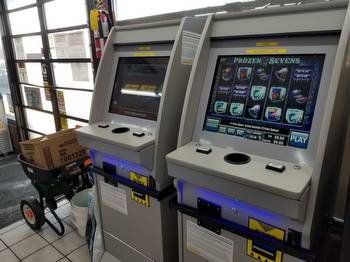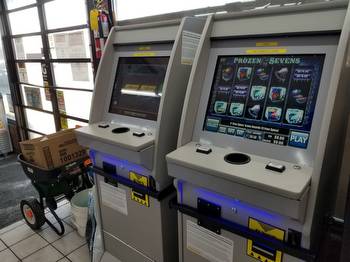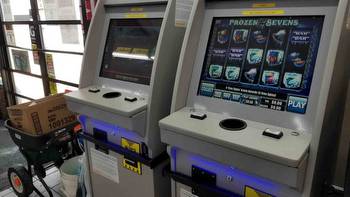Trial postponed in Torch gambling case against Missouri highway patrol
The trial in a closely watched case that could settle whether video games offering cash prizes are legal in Missouri has been postponed.
On Friday, Cole County Circuit Judge Daniel Green moved the trial, which had been scheduled to start Tuesday and last up to four days, to Oct. 3, after complaints from attorneys for Torch Electronics about late disclosure of thousands of documents from the Missouri State Highway Patrol and the Department of Public Safety.
“These belated disclosures are inexplicable and indefensible,” attorney Chuck Hatfield wrote in the motion asking for the delay.
Torch Electronics owns thousands of what it calls “no chance gaming” machines operating in convenience stores and other locations. It is not the only vendor offering those games in the state but it has the largest share of the market. Torch, along with Warrenton Oil, a convenience store operator hosting the games, sued the patrol and the public safety department in February 2021.
The games are visually similar to slot machines and players can win amounts up to several thousand dollars on some machines.
Torch and Warrenton alleged a pattern of harassment and intimidation to suppress their business. They argue the games are not illegal games of chance because of a pre-reveal function allowing a player the option of seeing the outcome of a wager before making it.
The state argues the games are little different from slot machines, which are illegal outside licensed casinos.
During 2019 and 2020, the patrol investigated almost 200 cases that were forwarded to local prosecutors alleging violations of state gambling laws.
Only about two dozen cases were actually filed. With the Cole County lawsuit pending, many prosecutors took a wait-and-see approach. In Linn County, felony charges against Torch were dropped after the prosecuting attorney office changed hands.
“I do not believe the law is clear to obtain a conviction in front of a jury beyond a reasonable doubt,” Linn County Prosecuting Attorney Tracy Carlson told The Independent in March.
The motion for a continuance noted that the state disclosure on July 21 was 5,000 pages of documents, including a previously unseen report on how the games operate by Gaming Laboratories International.
The documents, Hatfield wrote, include information “directly relevant to plaintiffs’ claim that defendants engaged in a pattern of harassment which goes directly to plaintiffs’ standing.”
The motion also argues that four witnesses, previously deposed in preparation for the trial, were designated as expert witnesses by the state, a surprise to the plaintiffs.
In the response motion, attorney Scott Pool argued that the disclosure was part of a process that began when Hatfield first sought the documents in March, more than two years after the case was filed. The documents had to be found, processed and reviewed for redactions, he wrote.
“These complaints are not a legitimate basis to continue and avoid this trial,” Pool wrote.
Pool was hired to represent the patrol and the department in April when Attorney General Andrew Bailey withdrew. Bailey, appointed in January, has not stated a reason for his recusal from the case. It occurred after he accepted large campaign contributions from political action committees linked to Steve Tilley, lobbyist for the two companies that brought the lawsuit against the state.














